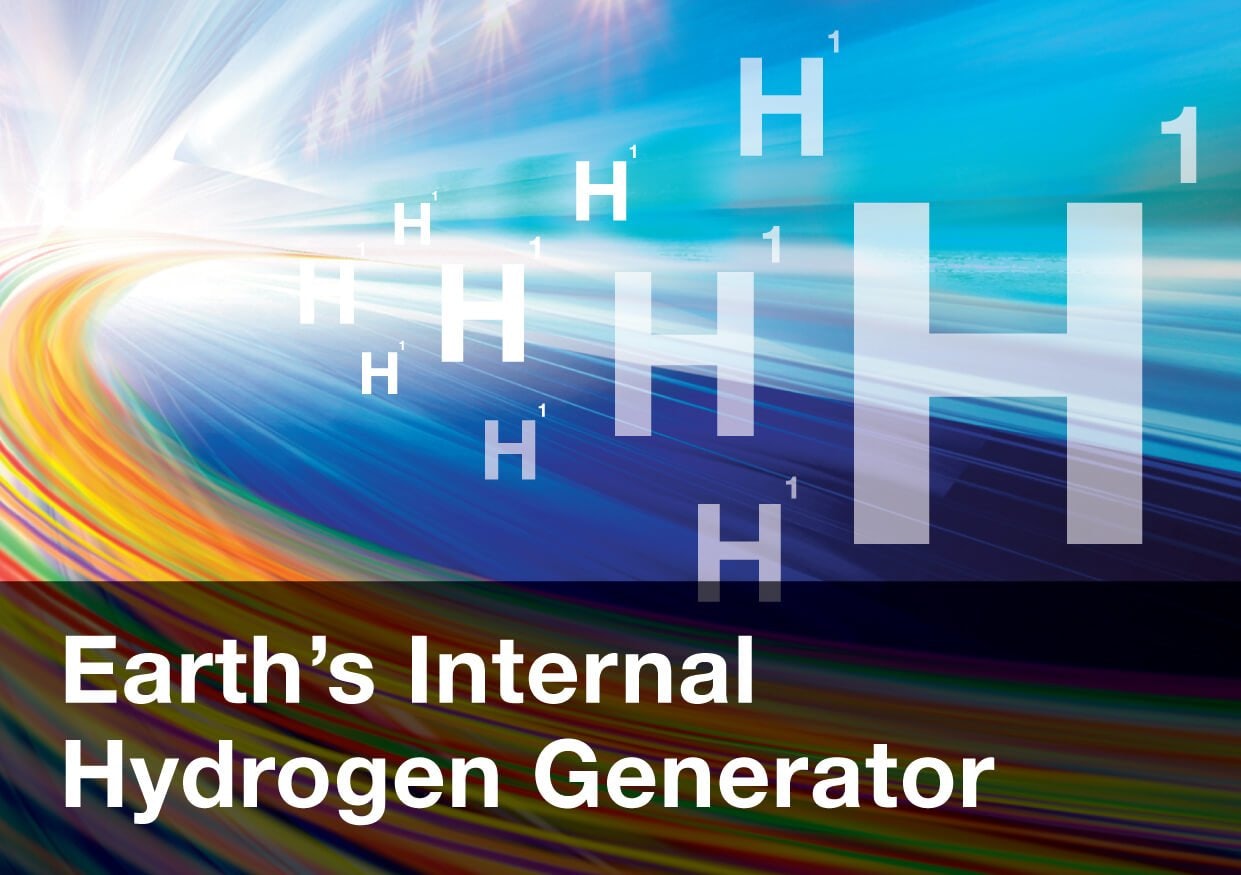Earth’s Internal Hydrogen Generator
Within the circles of clean energy, the dilemma of how to split water into hydrogen and oxygen in a way that’s both energy efficient and fast as well as produces a significant amount of hydrogen to convert into hydrogen fuel, has been a topic of many debates and research.
An international collaboration between a university, an institution, and a research centre has discovered a new way to conduct the splitting process.
Because of a partnership between Stanford University’s Department of Geosciences, the Carnegie Institution for Science in Washington, and the Centre for High Pressure Science and Technology Advanced Research (HPSTAR) in China, the discovery was published in the National Science Review. The research explored different ways to separate the molecules, and found that when water meets Earth’s iron core, the separation automatically occurs due to the high pressure and temperature at the core-mantle.
To examine the reaction water might possibly have at the core mantle, the researchers conducted experiments at the Argonne National Laboratory. In these experiments, they exposed water and iron to conditions matching the core mantle by inducing the correct pressures and temperatures, and observing the reaction using synchrotron x-ray sources.
According to the group of scientists this could mean the Earth has a powerful hydrogen generator that could process 300 million tons of water annually. This is, of course, provided scientists can find a way to reach the Earth’s core mantle, or more realistically create a stable, constant method to recreate the conditions in laboratories or reactor sites. Either way, this discovery proves to be a breakthrough for geology as it helps explain seismic activity below the core. The study’s lead author, Ho-kwang Mao, said that “this newly discovered high-temperature and intense-pressure water-splitting reaction affects geochemistry from the deep interior to the atmosphere and many previous theories need to be re-examined now.”
Dashboard thinks that studies such as these are important, even if they do not provide actionable information immediately. The knowledge, however, helps develop other solutions in the field, and has a large impact on the study of hydrogen fuel, which we find essential.
